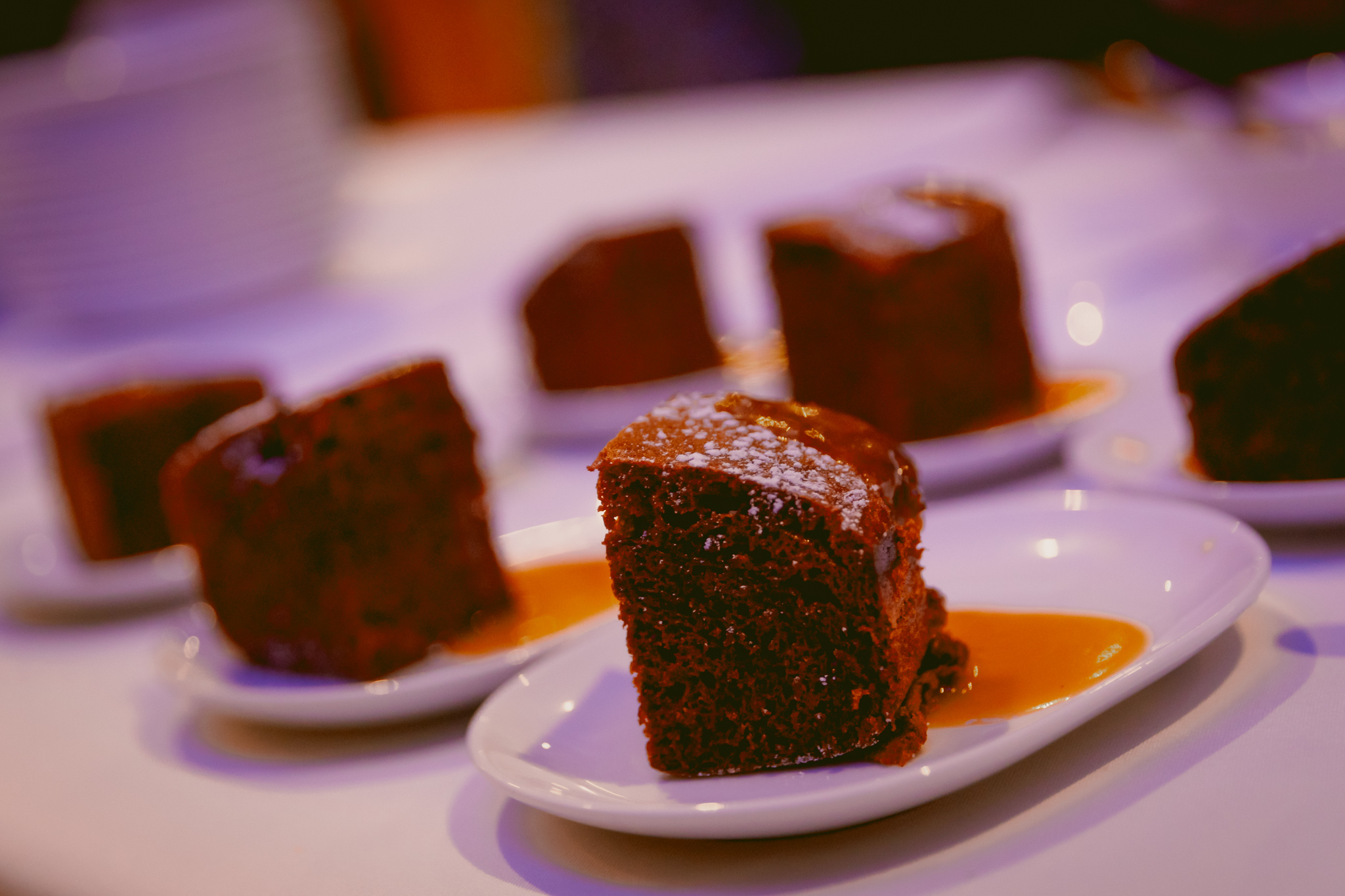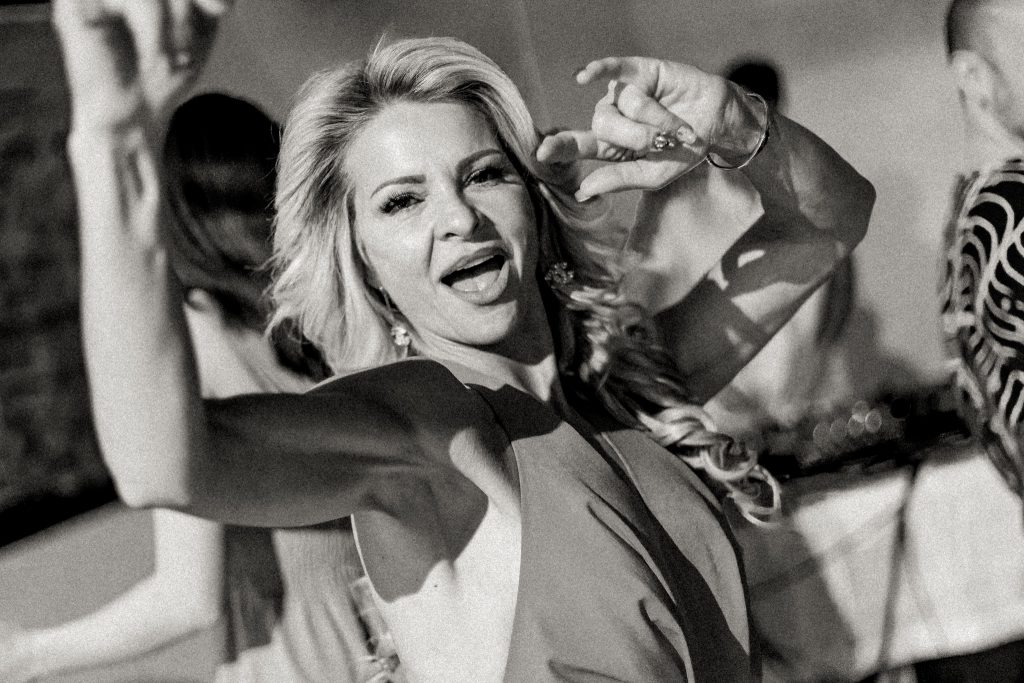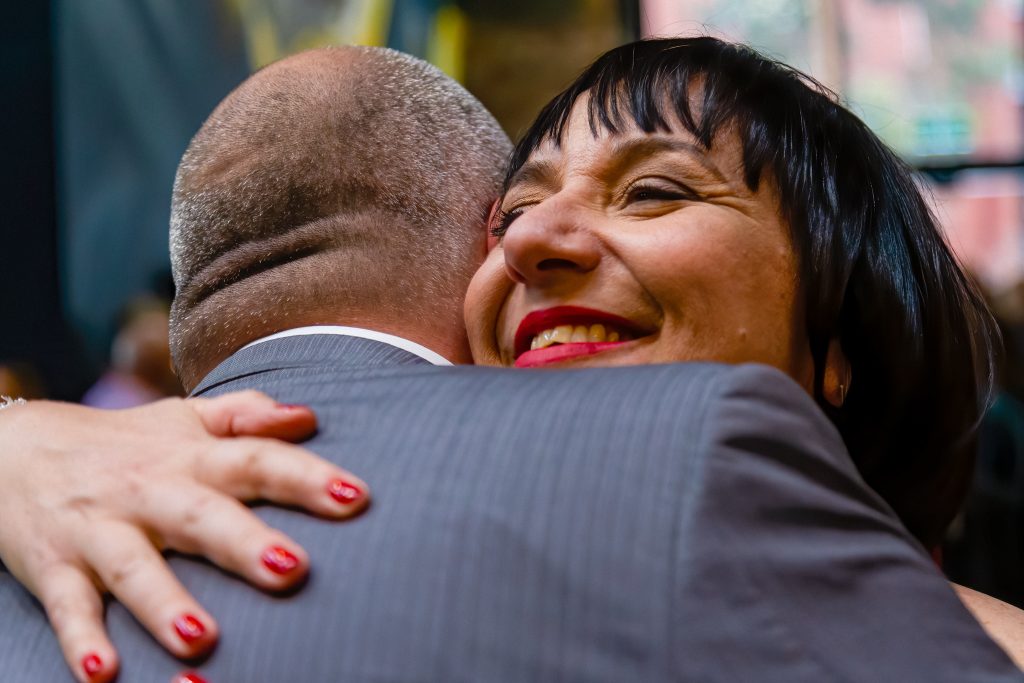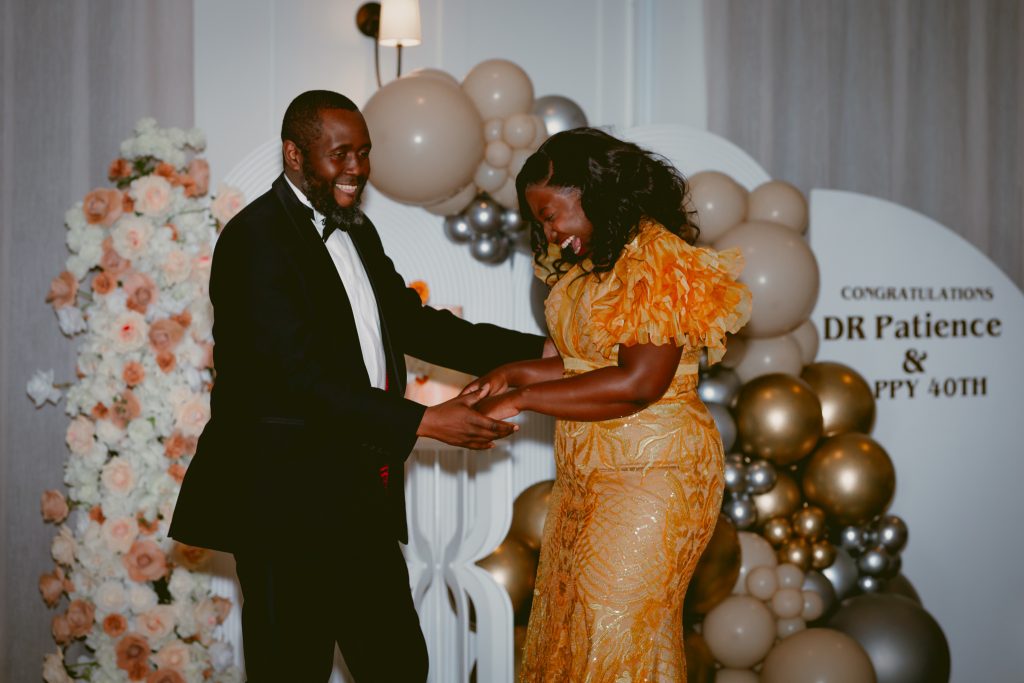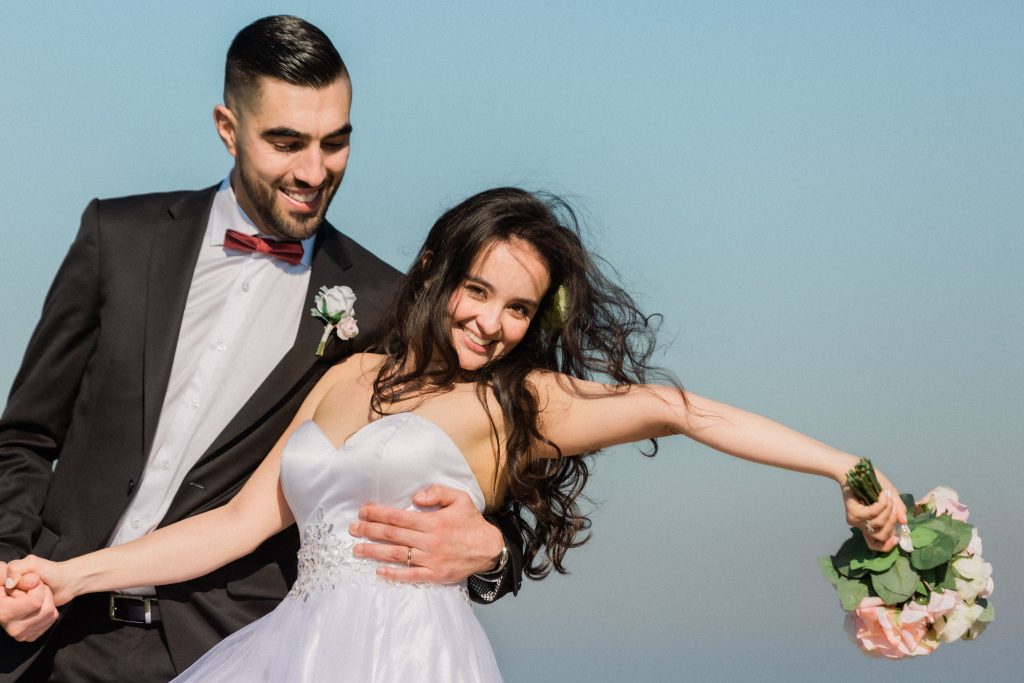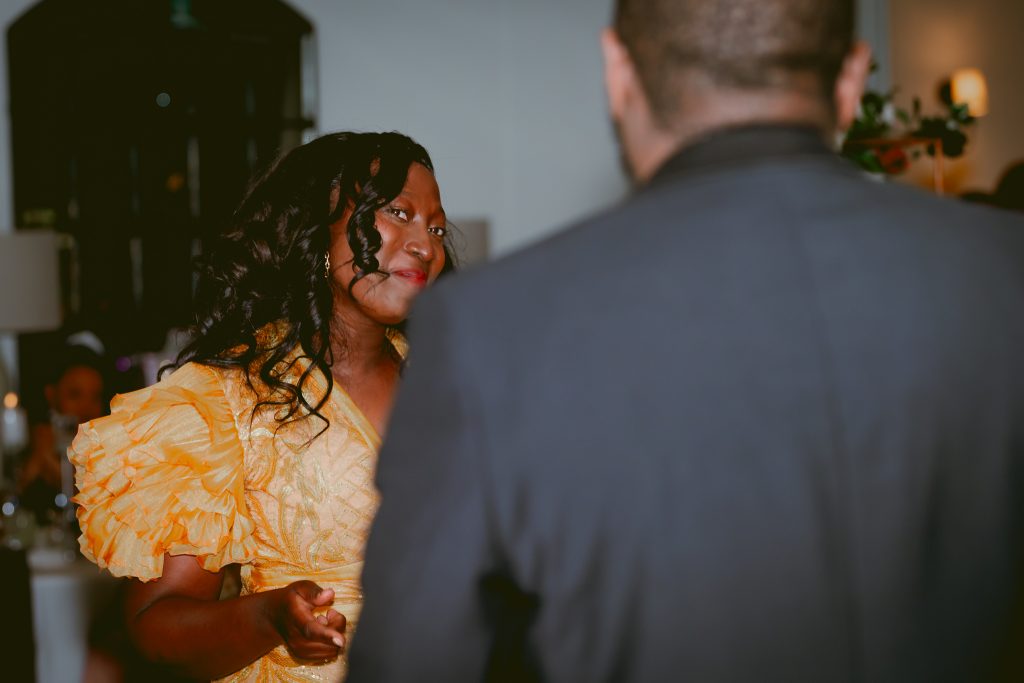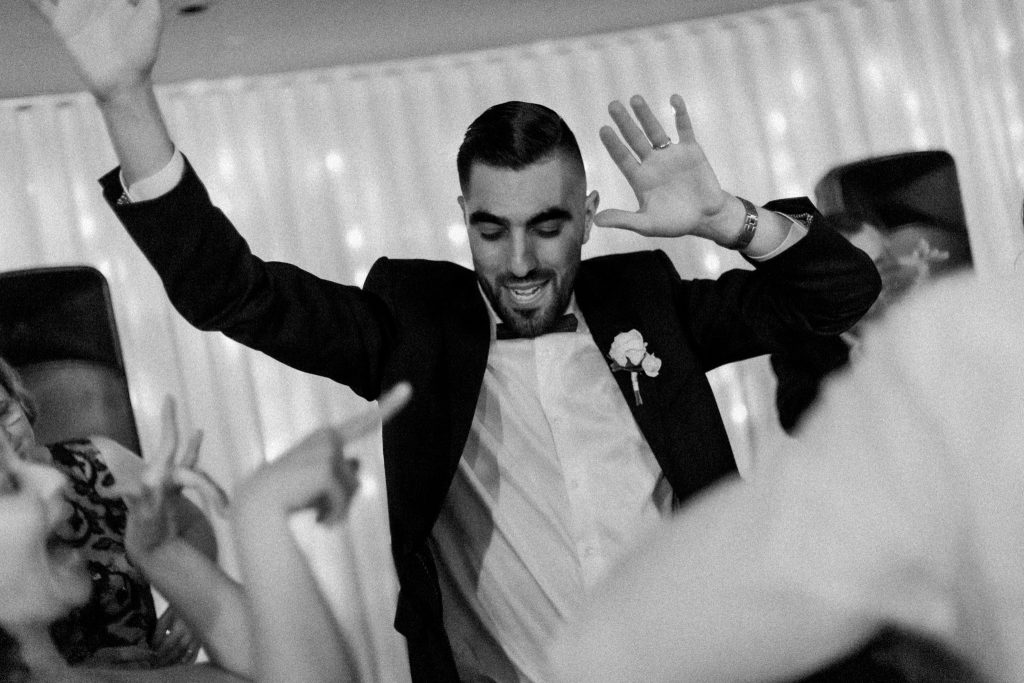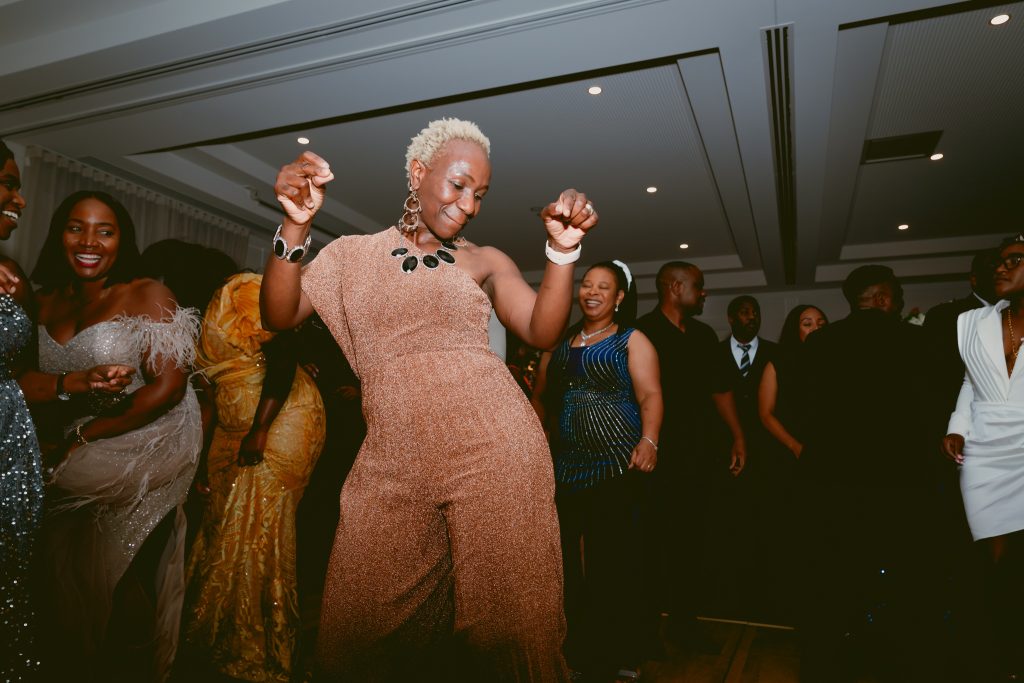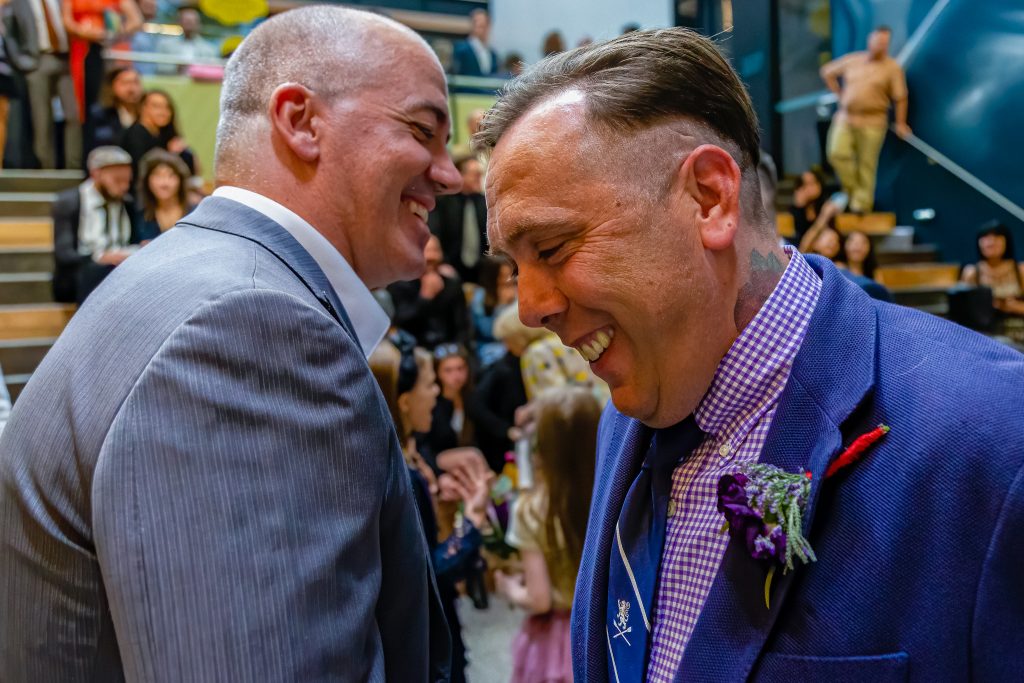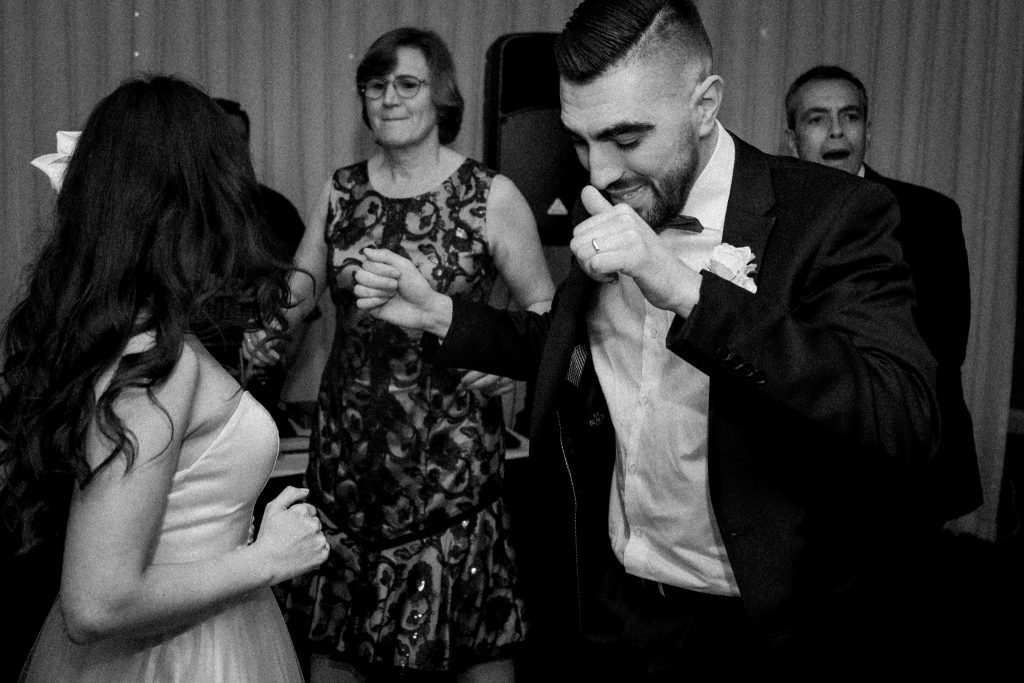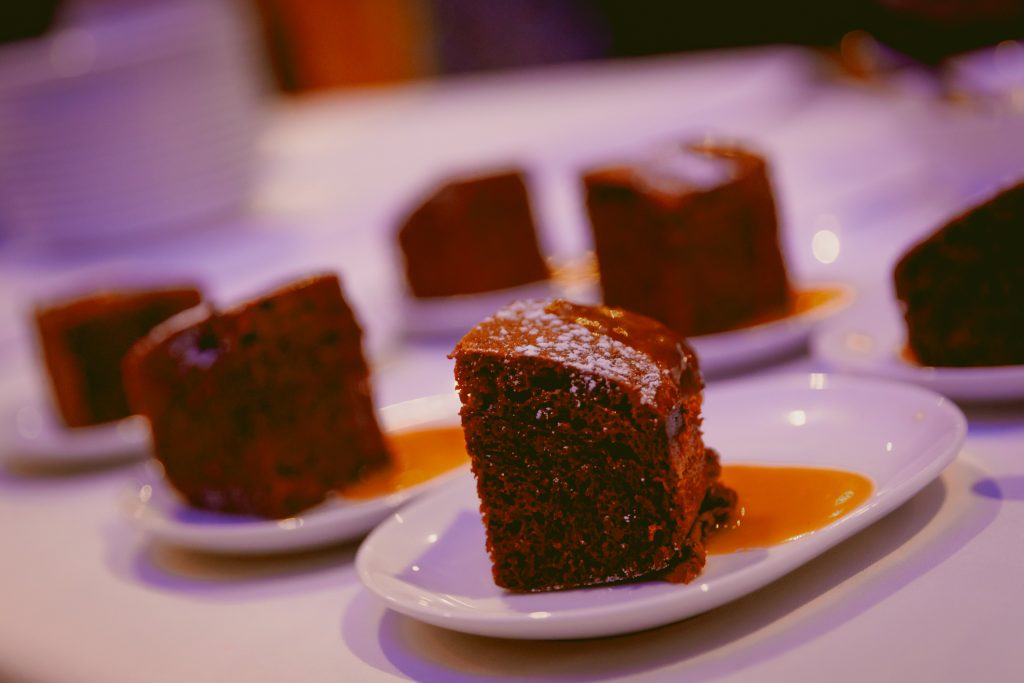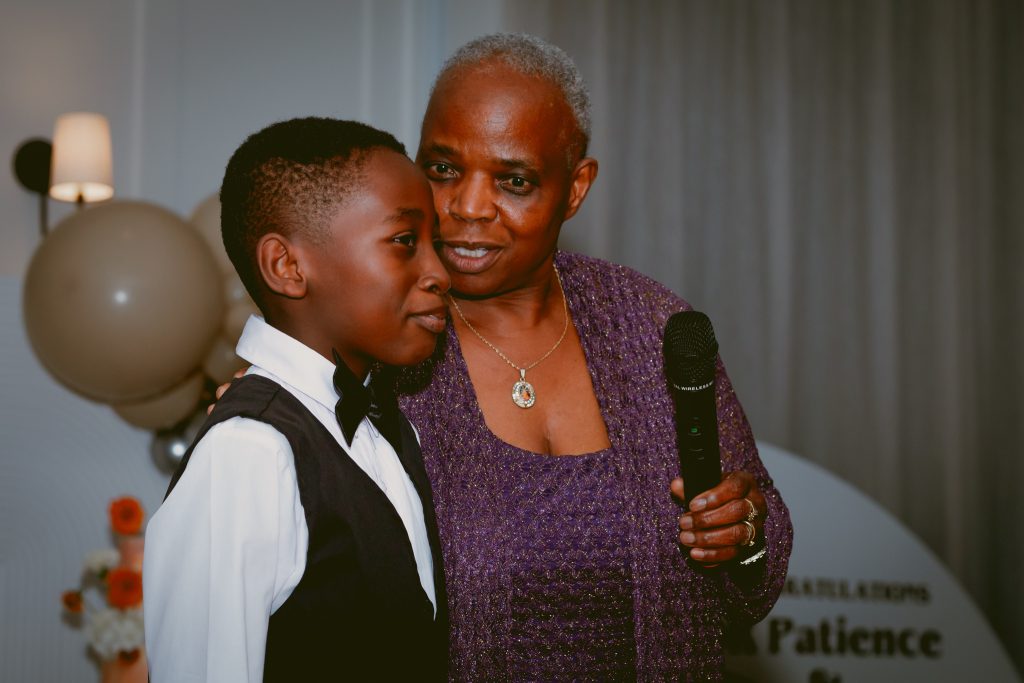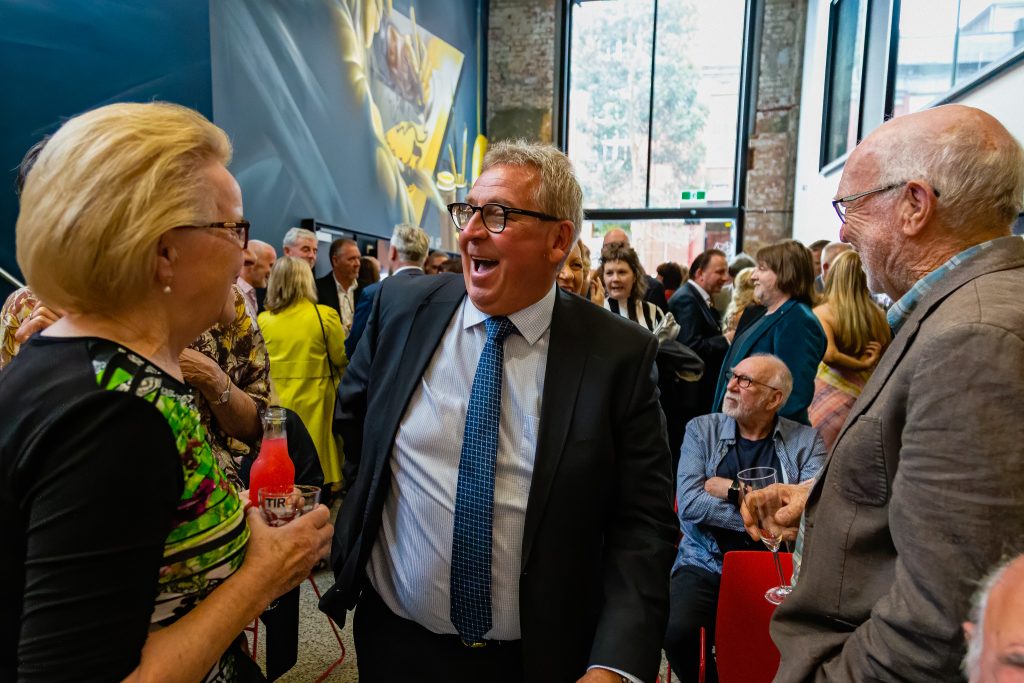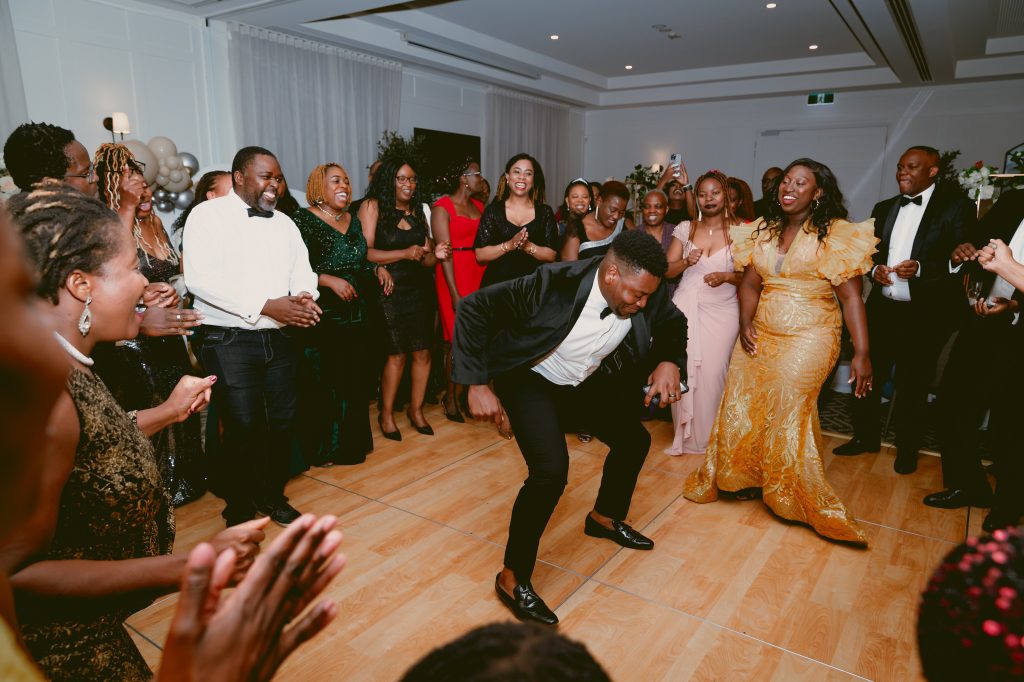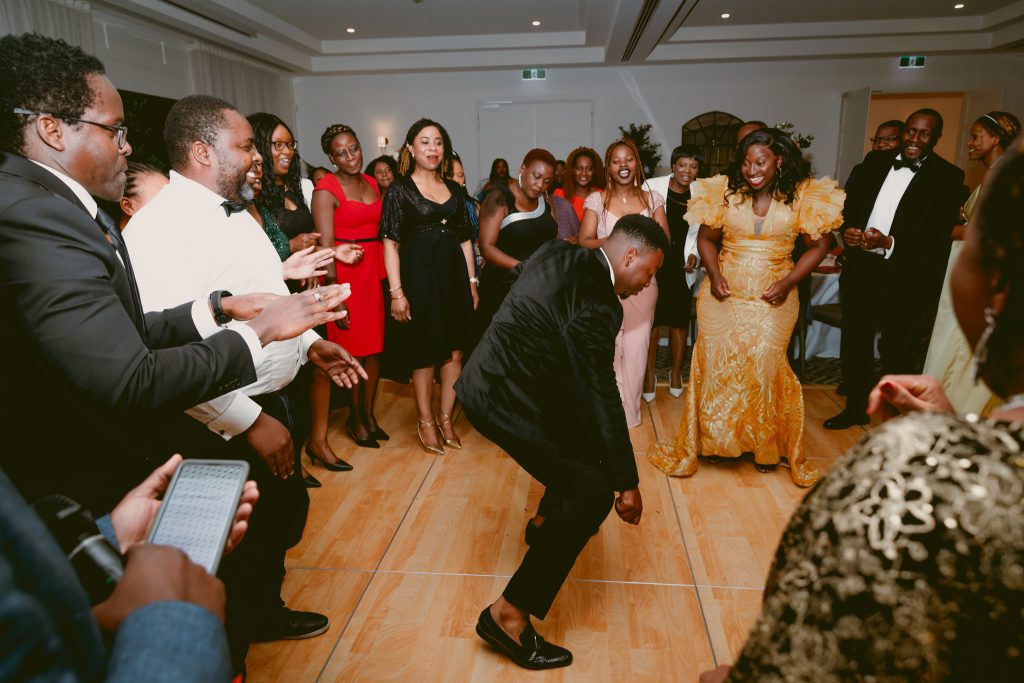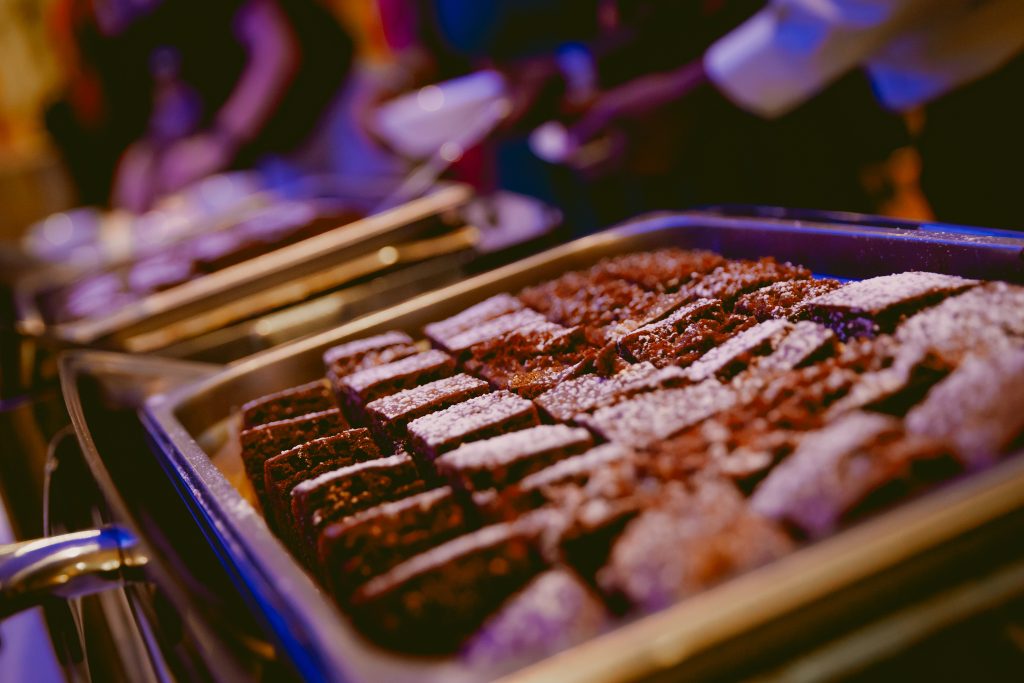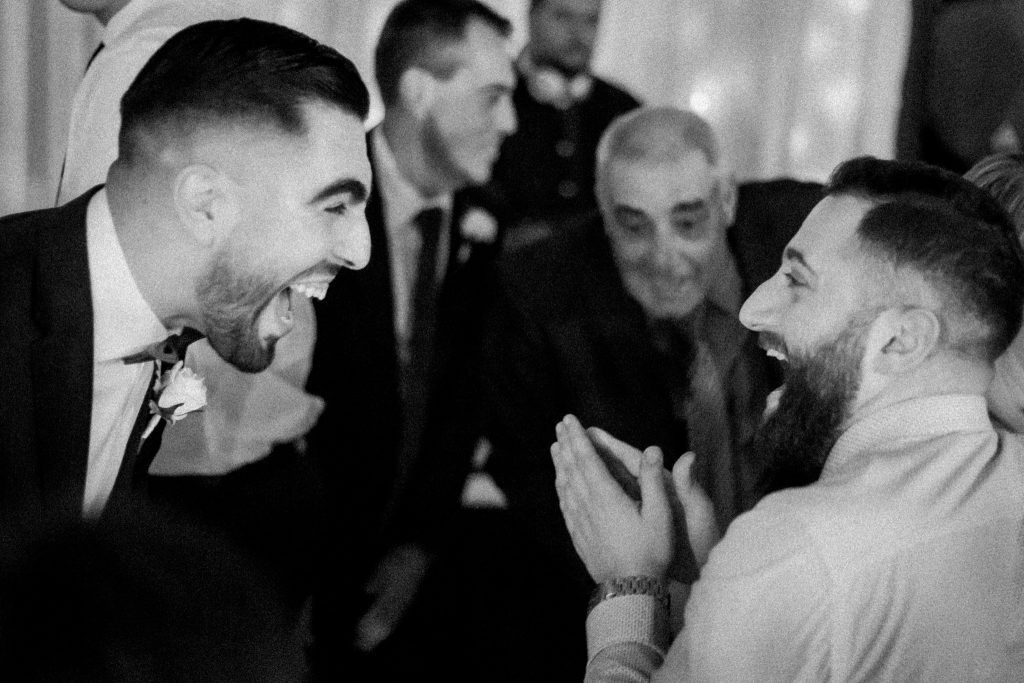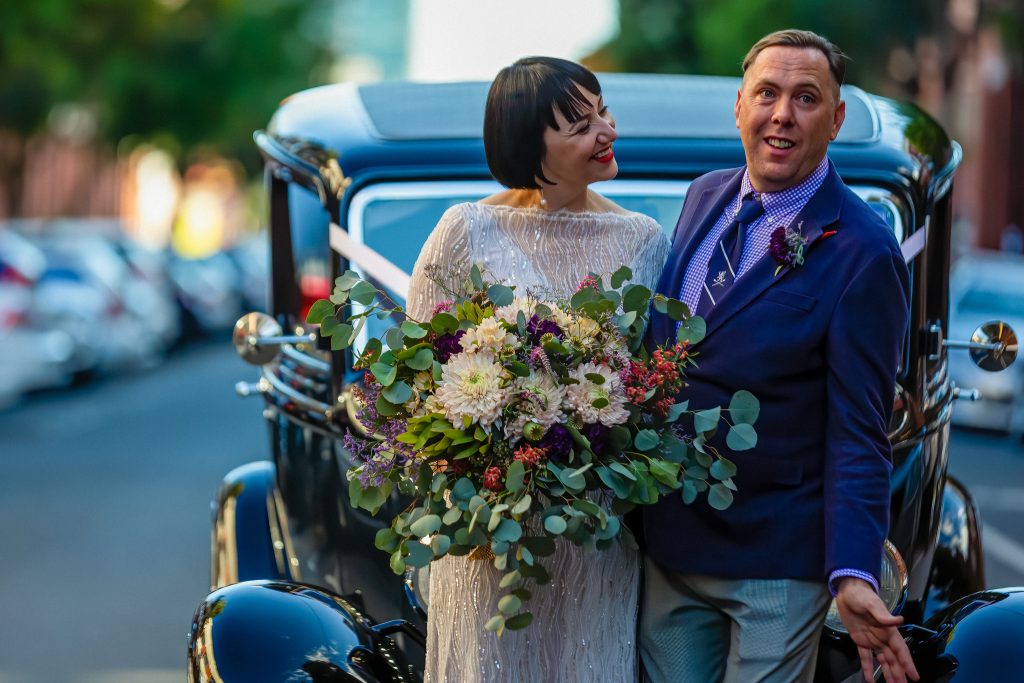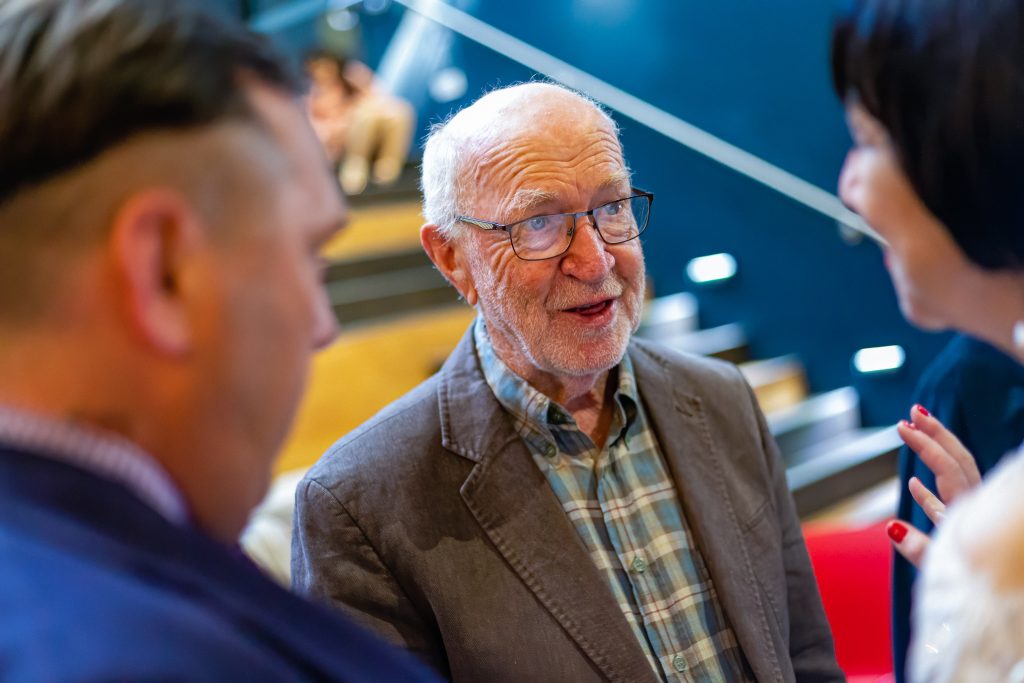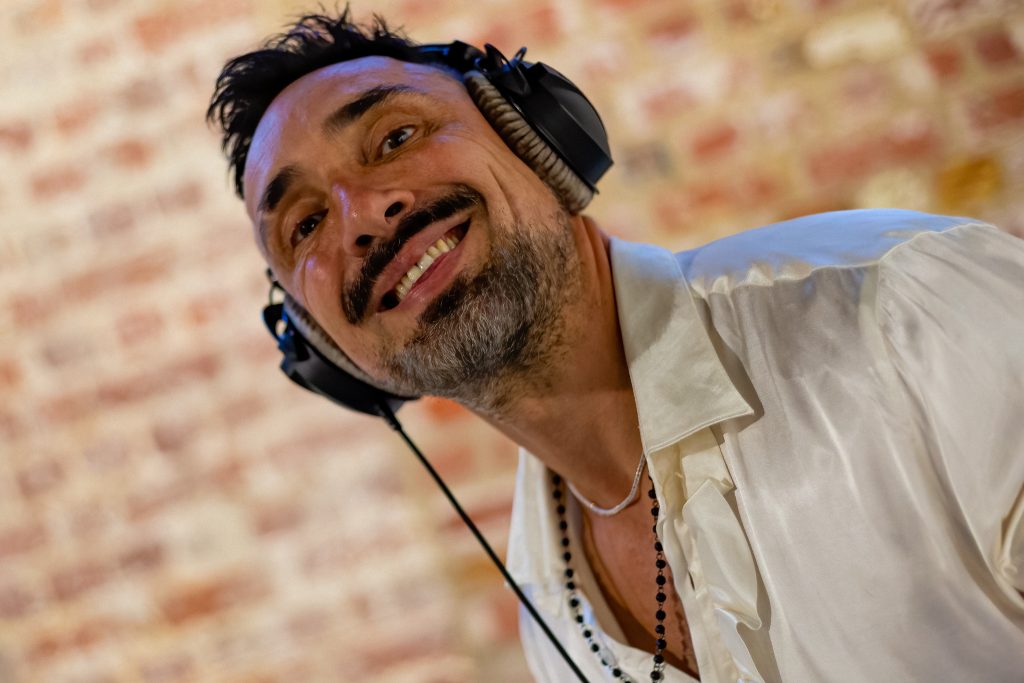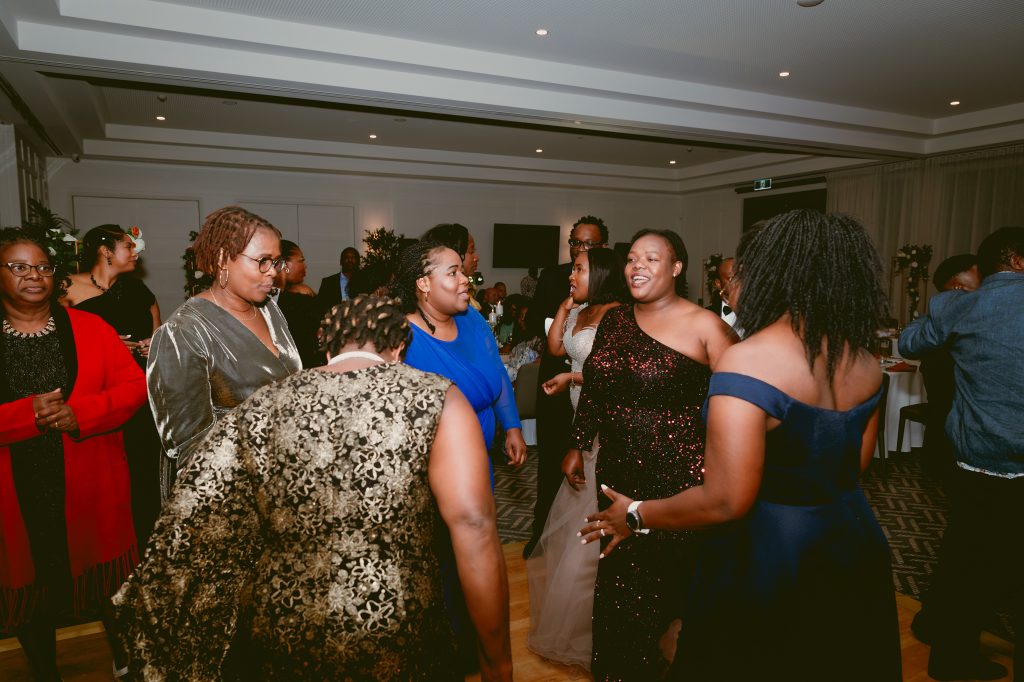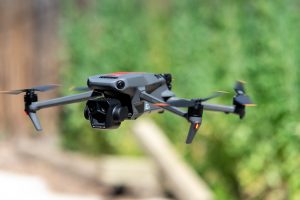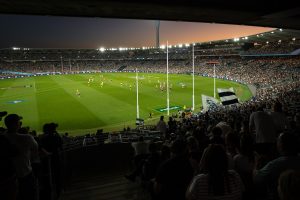How to become a better event photographer by practising street photography.
One of the most effective ways to hone your event photography skills is to practice street photography. This involves going out in the street and taking candid shots of strangers in different lighting situations without them noticing.
In this article, I will not talk about the technical aspects or the equipment you need for event photography. Instead, I will share with you my approach and how I get the shots I get. Of course, there are many different styles and techniques for event photography, and this is just my personal way of doing it.
If you are interested in seeing more of my event photos, please click on the link at the end of this article to view my full event photography portfolio. I have been shooting events in Melbourne and other places for a long time.
I used to wander around the city and photograph people in their natural environment without them knowing I was there and that’s the skill you need to hone to become a good event photographer.
You need to blend in, be quick and discrete. Although I was terrified at first, over time I became pretty good at it. My passion for the street photography genre, my full dedication to it and the need to produce excellent shots without any cooperation from my subject was the very best training I could ever get and it made me a proficient people photographer in Melbourne and surrounds.
I am now confident and skilled at capturing people without being intrusive and without interrupting the moment, a key skill since it’s what we do as event photographers. We capture moments as they unfold so our clients can look back at their event and feel we captured the essence of it without setting anything up or staging anything.
That’s my philosophy anyway, some event photographers will constantly ask for poses and group shots and record a version of the day, but not a very accurate one. I prefer authenticity with a touch of art. So, what are some of my best tips for successful event photography?
Some event photography tips:
Preparation is key to success in any endeavour. That’s why I always make sure to ask as many questions as possible before the event, so I can have a clear idea of what to expect and what to deliver. I want to know the dress-code, the guest list, the venue layout, and the specific images that my client likes. This helps me to plan ahead and avoid any surprises on the day. I also check the weather forecast the day before.
When it comes to the photographic equipment or gear, I prefer to keep it simple and minimal. I don’t think bringing a lot of lenses and accessories is helpful. It only adds weight to my bag, reduces my mobility, and wastes my time switching between them. It also distracts me from the main task of capturing the moment.
I believe that too much gear can limit your creativity. Some people may disagree and feel more confident with more options. But for me, having fewer lenses to work with forces me to focus on what’s happening in front of me and find the best angle and composition. It’s like a great artist who can create a masterpiece with a single pencil. I don’t need a huge telephoto zoom lens, because this is not a safari. I can use my feet to zoom in and get closer to the action.
I think this makes the photos more immersive and authentic than those taken from a distance, like a sniper. Some photographers I’ve seen at events can be quite intrusive, they will interact with their subjects, interrupt conversations (or wait impatiently for them to end) and direct people into certain poses or backgrounds.
My approach is very different from that. Of course, if my client requests it, I’ll take group shots and ask people to smile for the camera (they are the boss), but I think photos should tell the story as it was, and the photographer should not interfere with the event. I guess you could call it a photo-journalistic approach, a street photography approach, where nothing is staged and the photographer is discreet, inconspicuous. I get very close but try to remain invisible if I can.
To get the best photographs of an event, I try to anticipate special moments before they happen. This usually requires me to constantly move around and change location while always observing carefully.
For example, if someone is telling a story, I’ll rush nearby to capture people’s reactions at the end of it. If the bride is going to see her mother after a speech or the ceremony, I know there will be hugs and tears, I’m there to capture it. It’s all a matter of habit and experience, the more you shoot people, the more you observe people, the more you develop a sixth sense for these things.
Whenever someone notices me taking a photo of them, I smile, they usually smile back at me. Your attitude and personality are important, be friendly, professional, smiley and polite.
What about when the evening comes and the light levels drop below optimal, how do I cope with this? Use a flash? I have a little secret to share with you… I’m not a fan of using a flash for events. It goes back to my desire to preserve the authenticity and realism of the images. I want them to look as close as possible to how life itself looks. Life has no flash.
You can shoot events without a flash and still get great images. You just need to know how to use light and your camera. A camera that can handle high ISO, a lens that can open wide, and a steady hand are essential. I love using my Canon EF24-70mm f2.8 and my Canon EF70-200mm f2.8. I even use a cheap nifty 50, the Canon EF50mm f1.8 which gets amazing results. They are great for low-light photography. Sometimes you’ll get motion blur, but that can add to the effect of capturing the fun and energy of the event.
After the event, I always try to deliver the photos as soon as possible. If it takes a few days, I’ll send a sample for my client to share on social media or with family and guests, until the rest is ready.
I hope this gives you some idea of how I work as an event photographer. If you are new to this or thinking of becoming one, you might find it helpful. I think event photography is one of the most rewarding genres of photography and the most enjoyable for paid work. Most of the time, people are having fun, relaxed and happy, which makes your job so much easier!
Until next time!
Dave shoots for Speed Media Image Agency, a professional photo agency providing coverage of all sports, events and photojournalism. We photograph for international, national and local media agents, including Getty Images, Icon Sportswire, AP, News Corp, The Times, ESPN and CNN. We have a team of commercial photographers ready to shoot for sport teams and sponsors.

